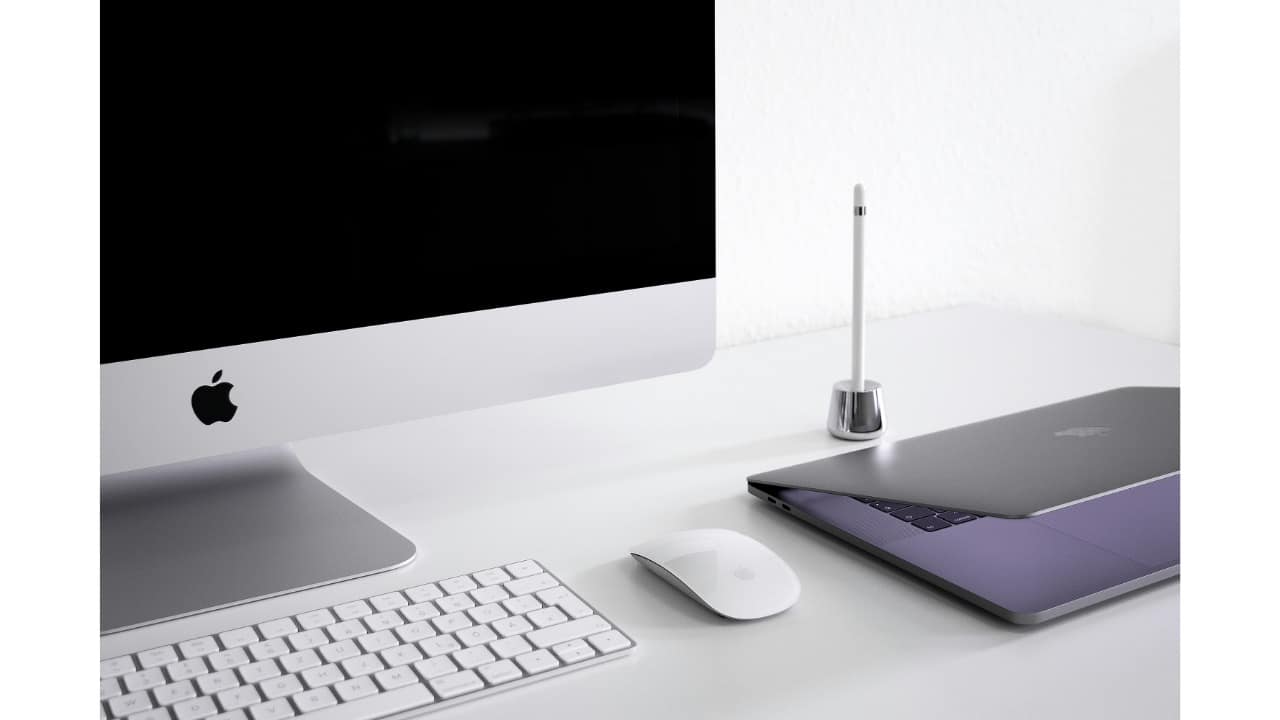



For years, the Mac carried a reputation in business circles as a sleek but pricey indulgence — beautiful, yes, but impractical for large-scale deployment. IT departments saw it as a headache to manage, finance teams balked at the upfront cost, and employees often had to justify wanting one over the cheaper Windows alternatives. But that perception is quietly, and quite decisively, changing.
Apple Silicon has rewritten the economics of owning a Mac. The combination of powerful in-house chips, exceptional battery life, and lower energy consumption has turned what was once seen as an expensive proposition into a smart long-term investment. For enterprises, that means lower total cost of ownership and happier employees — a rare win-win.
Take Zoho, for instance — the global SaaS giant that runs primarily on Macs. From engineers to designers, 65% of Zoho employees work on Apple hardware, citing reliability, security, and longevity as key factors. The company says the consistency of Apple Silicon has made deployment and maintenance simpler while saving both time and energy costs.
As the Mac quietly becomes the machine of choice for more businesses, the old clichés about cost and compatibility are starting to look, well, a bit outdated.
It’s little surprise that Apple is seeing growing momentum for Macs in enterprise environments, driven by the performance and AI capabilities of the new M5 chip. The company said that a China-based firm with over 80 million registered users recently deployed MacBook Pro models powered by the M5 processor, citing significant productivity improvements and value for employees.
“Apple Silicon was built for AI,” Colleen Novielli, who is part of Mac Product Marketing, told Moneycontrol in an interaction. “We’ve created the right ecosystem of hardware and software — macOS is designed to provide the framework for building powerful generative AI features,” she added.

The company’s enterprise success stories, she added, go well beyond individual deployments. Novielli cites the global example of restaurant chain HaiDiLao, which operates 1,300 stores and serves millions of customers, runs its business on Macs — including Mac mini and Mac Studio systems — and has recorded measurable benefits such as 78% energy savings and a 52% reduction in overall costs.
In India, Apple’s enterprise approach is built around three pillars. The first focuses on features employees love — long battery life, a responsive interface, and seamless continuity across devices. The second is IT enablement: ensuring Macs are easy to deploy, secure, and manage at scale. “If it’s not easy to secure and use, IT won’t be comfortable,” said Jeremy Butcher, part of Enterprise Product Marketing, Apple. “We pay close attention to identity and management so large organisations can roll out thousands of devices confidently," added Butcher.
The third pillar centres on developers. Business software such as Microsoft Office runs natively and efficiently on Apple Silicon, but Apple also ensures that companies can build custom tools on macOS for specific needs.
Apple has a booming developer ecosystem in India, which has also been key in the adoption of Mac across small and medium enterprises.
Butcher said Apple continues to back its claims about total cost of ownership with data. “We can prove it with math,” he said, pointing to enterprise customers that report fewer IT helpdesk calls, lower energy bills, and smoother employee onboarding.
With a growing and versatile Mac lineup, from MacBook Air to Mac Studio, Apple sees both startups and global enterprises increasingly choosing the Mac for its performance, intuitive AI integration, and reliability. “These are products that just work,” Novielli said.

Discover the latest Business News, Sensex, and Nifty updates. Obtain Personal Finance insights, tax queries, and expert opinions on Moneycontrol or download the Moneycontrol App to stay updated!
Find the best of Al News in one place, specially curated for you every weekend.
Stay on top of the latest tech trends and biggest startup news.